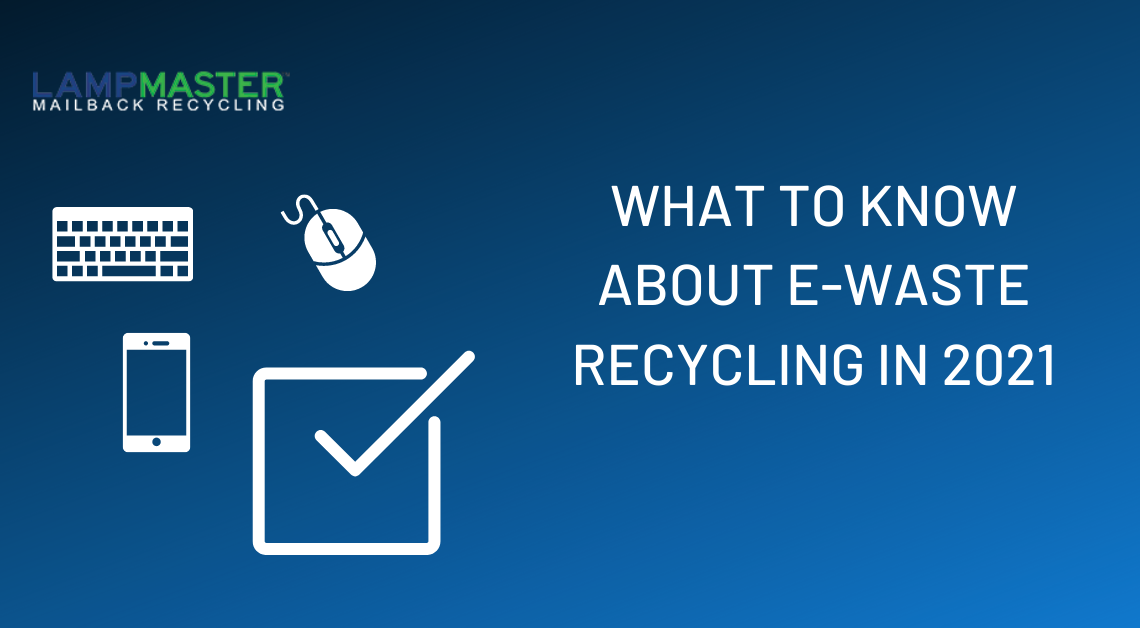
Light bulb recycling is a great way to go green and help the environment. Did you know that recycling just one bulb saves enough energy to power a 100-watt light for 20 hours? That’s pretty amazing! And it doesn’t stop there – when you recycle your old lamps, you’re also saving resources like copper, steel,
read more








